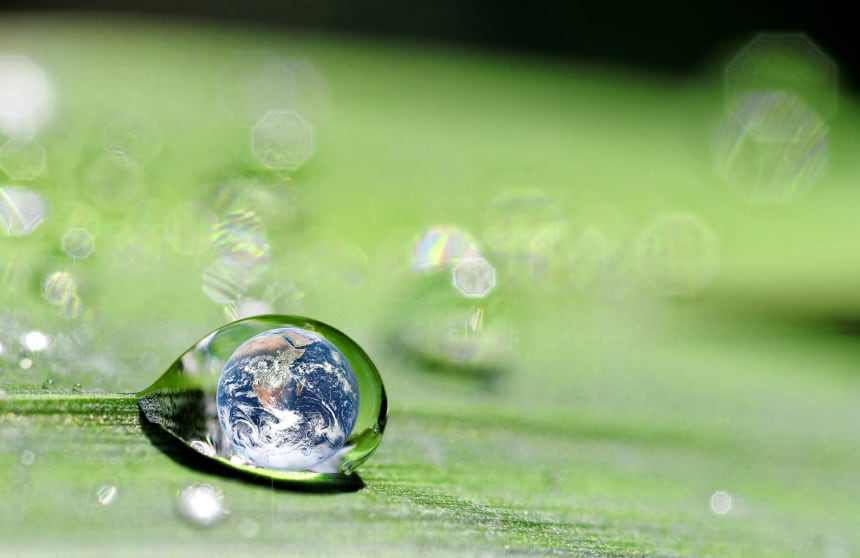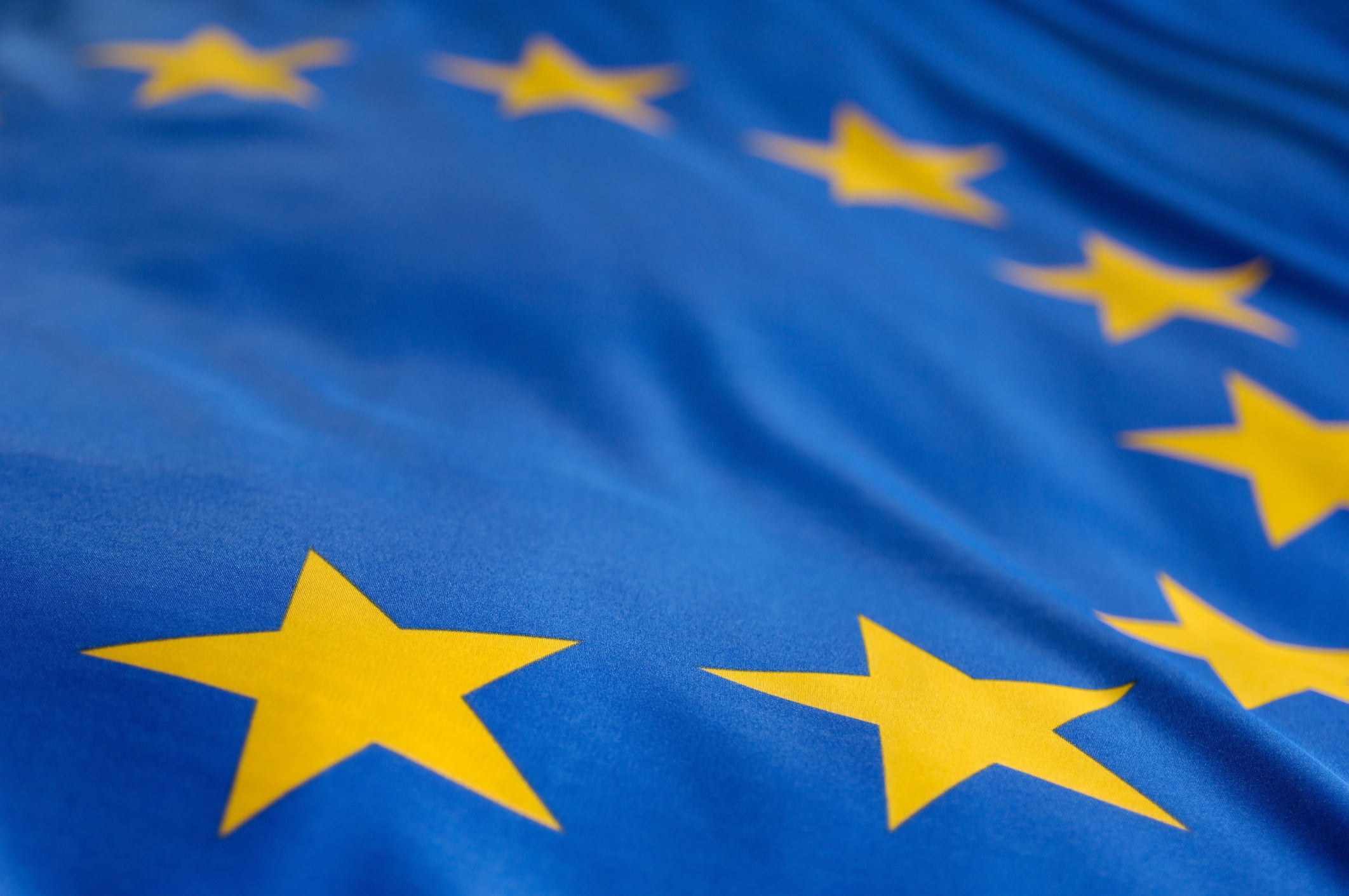The joint statement, put together by the World Economic Forum (WEF), suggests that as the region recovers from COVID there is an opportunity to ‘reset’ economic growth and further the journey towards zero emissions. The business leaders expressed support for the development of a circular economy, renewable energy and low-carbon industries.
Business as usual not an option
The CEOs said they firmly believe the way out of the current crisis cannot be more of the same.
Businesses including Nestle, Unilever and Royal DSM committed to reducing their carbon footprint and to embracing ‘new production and work models’ to play their part in decarbonizing Europe’s economy and achieving climate-neutrality by 2050.
“The COVID-19 pandemic requires a massive and coordinated economic stimulus to both mitigate the economic repercussions of the pandemic and, above all, to accelerate the necessary transition to a low carbon economy. We have to take more and faster action with more emphasis on sustainability and circularity.
“The European Green Deal presents an opportunity to do just this. It requires a strong partnership between business, politics and society. Together we can make Europe the greenest, most innovative and inclusive region in the world, where the Green Deal should provide jobs and economic prosperity at the same time,” commented the CEO Action Group Co-Chairs, Axa’s CEO Thomas Buberl and Feike Sybesma, Royal DSM’s Honorary Chairman.
Green Deal action plan
According to European legislators, the Green Deal is a plan to ‘make the EU's economy sustainable’ by turning climate and environmental challenges into opportunities. The ambition is for the region to be carbon neutral by 2050, in line with the Paris Agreement.
Proposed actions include investing in environmentally-friendly technologies; supporting innovation; rolling out ‘cleaner, cheaper and healthier’ transport; and decarbonising the energy sector.
In her State of the European Union speech today, EU Commission President Ursula von der Leyen spotlighted the Green Deal as a central element of Europe’s growth strategy and the region’s recovery efforts in the wake of the coronavirus pandemic. She laid out an ambition for the region to reduce emissions by ‘at least’ 55% by 2030, which she said would put it on track to reach net zero by 2050.
Von der Leyen further announced that 30% of the €750 billion #NextGenerationEU budget will be raised through green bonds, with 37% funding to be invested in European Green Deal objectives, including ‘lighthouse' European projects.
“The EU is putting in place the largest and greenest stimulus plan ever. It is the right time for businesses to show how they can effectively contribute to achieving the EU’s climate targets,” WEF President Børge Brende said.
“As a next step, this group is working on lighthouse projects, which demonstrate how to step up action in areas such as sustainable transport and mobility, food and agriculture and renewable energy markets.”
Frans Timmermans, the European Commission’s Executive Vice-President in charge of the European Green Deal, welcomed the CEO statement: “The Green Deal is a once-in-a-generation effort to transform our economy. It is crucial to have European businesses on board, as we’ll need every company to contribute to climate neutrality and help deliver on the Green Deal. I very much support the efforts of the CEO Action Group to implement the European climate agenda.”
The CEO Action Group for the European Green Deal, launched in autumn 2019 in cooperation with the World Economic Forum and the European Commission, seeks to mobilize business to step up commitments towards achieving the Green Deal and the EU greenhouse gas reduction targets for 2030 in order to drive a clean and inclusive economic recovery.
Marco Settembri, Nestlé CEO for Europe, Middle East and North Africa, stressed the need to collaborate to address the challenges of delivering net zero aspirations.
He said: "Climate change is one of the biggest challenges facing society and our business. Working together, we can make a difference and significantly reduce emissions. That's why we strongly support the EU Farm to Fork Strategy, a green and inclusive recovery from COVID-19 and ambitious emissions reduction targets – building a better future for all."




